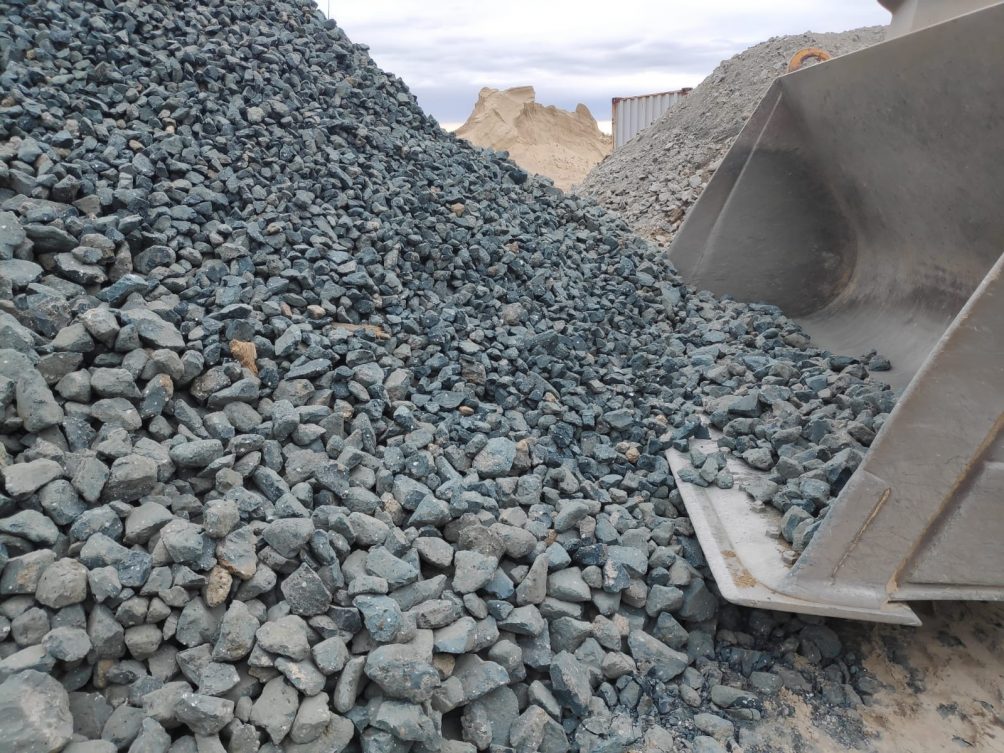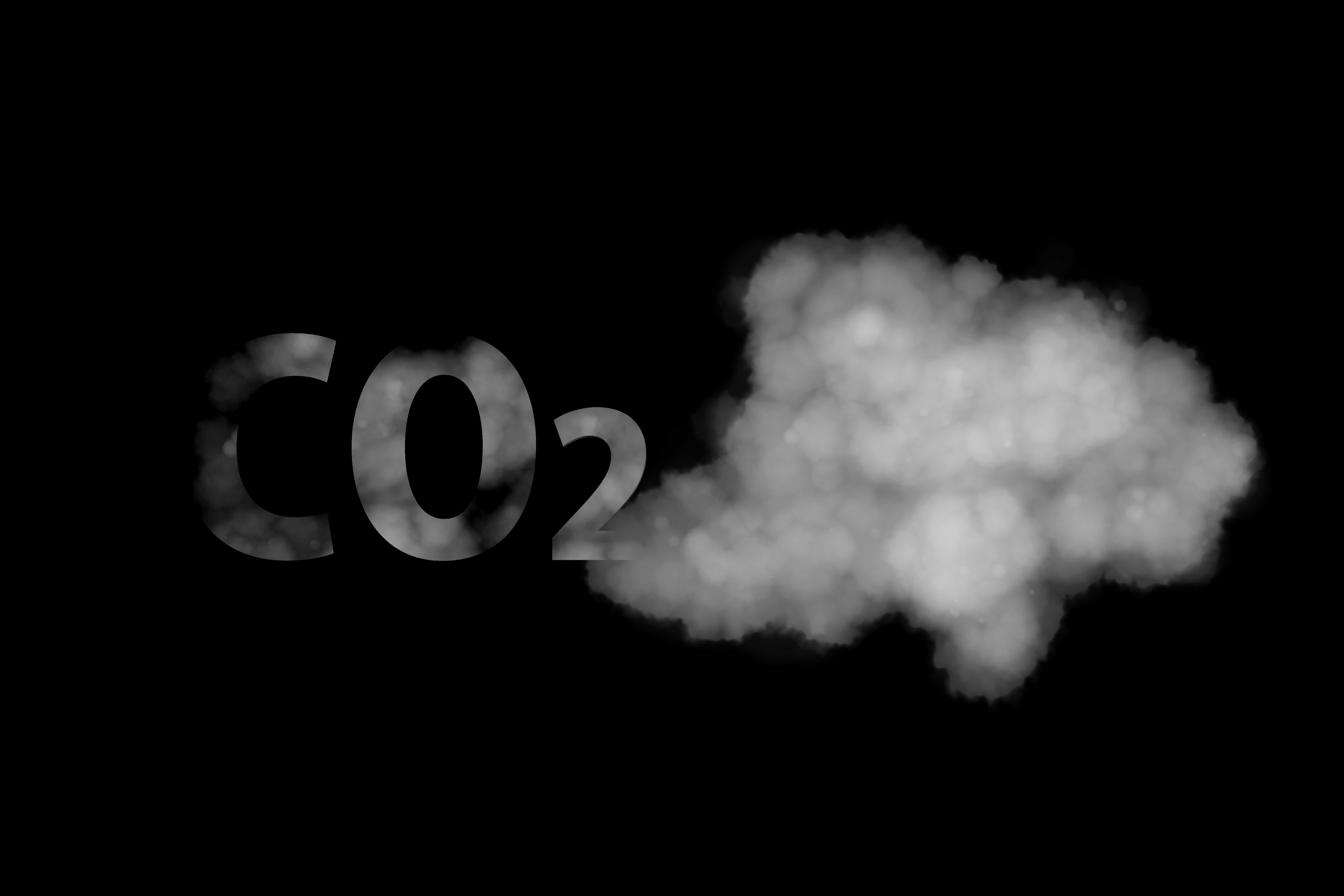
It is a well-known fact that rising CO2 emissions are increasingly influencing nature and the economy. One of the biggest contributors to these emissions is the use of cement as a building material. In actual fact, cement leads to more CO2 emissions than the aviation industry.
For decades, the construction industry has failed to respond to the urgent need to do something about this type of pollution. The Finnish company Betolar believes it can change this.
The recipe is made to measure and can be made of fly ash
Betolar has developed a formula based on geopolymers (inorganic binders), which is a made-to-measure, artificially intelligence supported alternative to cement-based concrete. The formula can include fly ash, a residue that is left behind by the combustion of coal and biomass, among other things.

Fly ash as an optional component of cement is not new. “Fly ash may already have been used during the Roman Empire,” says Melina Pinomaa, business development manager at Betolar. “There is a new theory that fly ash was already known among the Egyptians, who used it in the construction of pyramids. But fly ash is not the only ingredient that the Finns are throwing into the fray. The rest of the recipe is a secret.
Metal and mining by-products
What they are able to divulge is that by-products from the metal, mining, and energy industries can be utilized. In any event, the recipe is dependent on the application for which it is used. The company offers solutions in three application areas: concrete products, ready-mixed concrete, and soil stabilization.
These solutions consist of the company’s license-based formula and the material technology and additives needed for production, which the Finnish company supplies. The initial applications coming on the market at the end of this year are products for the garden, such as paving stones.
Emissions reduced by 80 percent
Betolar has developed and tested its solutions together with various industrial partners in Finland, Sweden, and Estonia, with the aim of expanding into Asia in the longer term. For example, the amount of cement used in India alone is twice as high as in Europe in its entirety.
This formula ensures that carbon emissions will be significantly reduced during the manufacture of construction materials. Emissions can be reduced by up to 80 percent compared to the use of traditional cement.
The success led to the announcement this week that three Finnish investment funds have given Betolar a financial injection of €2 million with the goal of accelerating development and expanding sales.







